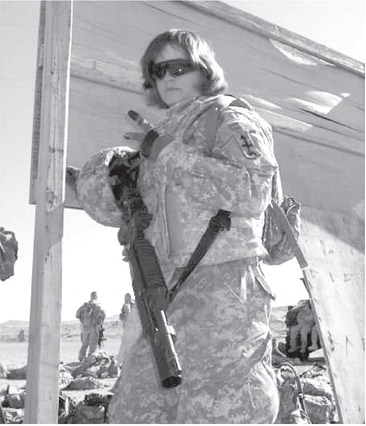Stella: A Soldier’s Story


Note: The following story was submitted to
The Star News by Tim Stelzel concerning his daughter who is an Iraqi War veteran.


Note: The following story was submitted to
The Star News by Tim Stelzel concerning his daughter who is an Iraqi War veteran.